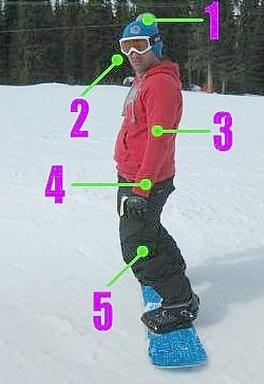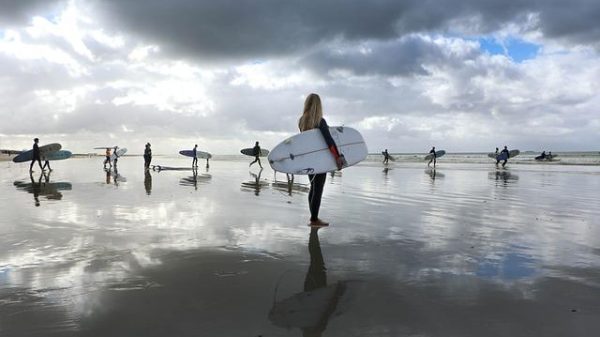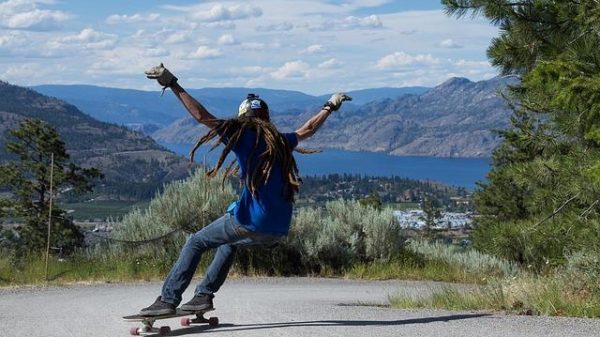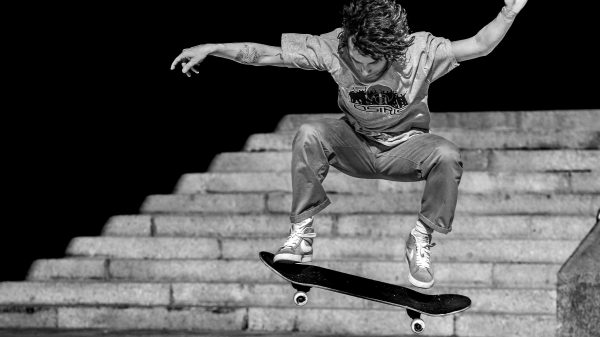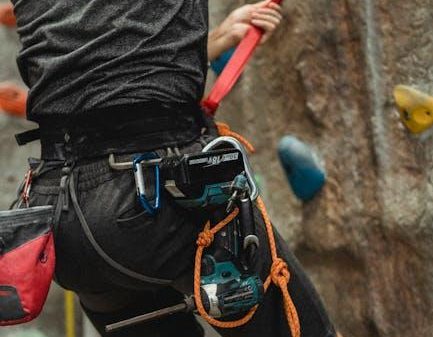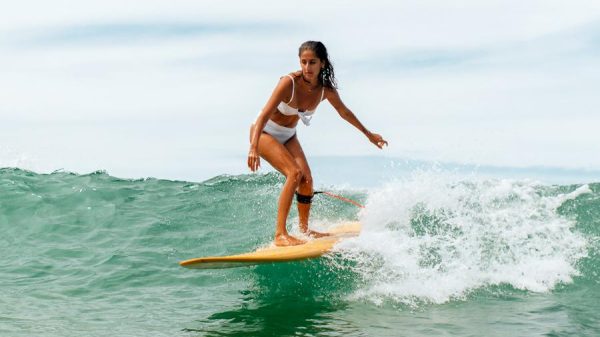Snowboarding is a thrilling winter sport that offers a unique blend of adrenaline, skill, and creativity. Whether you’re carving down a pristine slope or tackling a challenging terrain park, your stance is the foundation of your ride. In the world of snowboarding, the two primary stances—regular and goofy—are pivotal in shaping your experience on the board. Understanding these stances is not just about comfort; it’s about enhancing your performance and maximizing your enjoyment on the snow. This guide is designed to help you identify your natural stance, explain the differences between regular and goofy, and provide tips to ensure you’re riding with confidence. Embrace the journey of discovering your ideal stance, and let the slopes become your playground.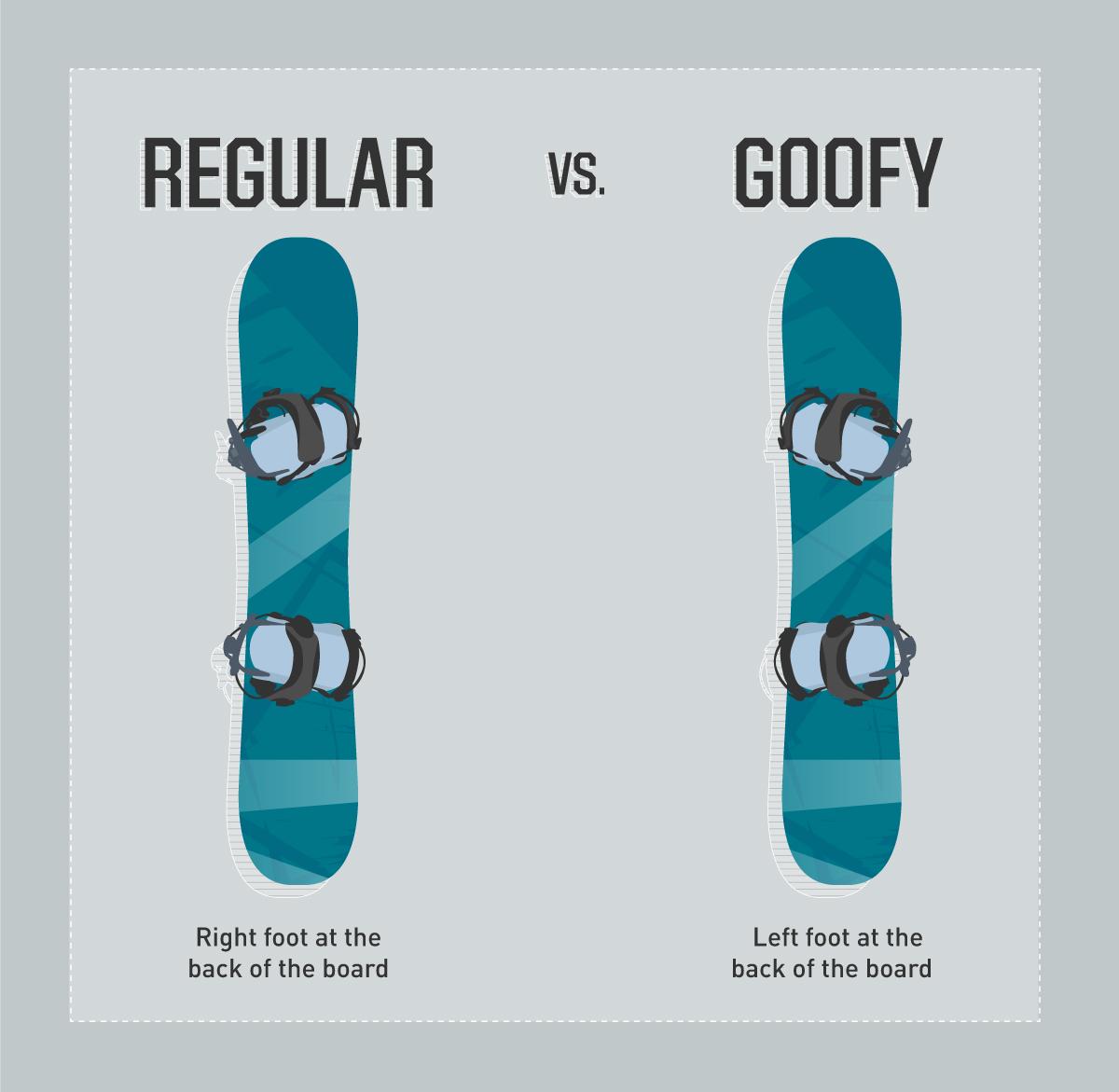
Choosing the Right Snowboarding Stance for Your Style
When it comes to finding the perfect snowboarding stance, it’s all about aligning your style with what feels most natural and comfortable. The two primary stances—regular and goofy—are determined by which foot you place forward on the board. If you naturally lead with your left foot, you’re in the regular camp. Prefer your right foot at the front? Welcome to the goofy side. Neither stance is inherently better; it’s about what works best for you.
Consider these tips to determine your stance:
- Perform the Slide Test: Stand on a slippery surface and let yourself slide. The foot you instinctively put forward is likely your leading foot.
- Think About Other Sports: If you skateboard or surf, your snowboarding stance might mirror your stance in these sports.
- Experiment on the Slopes: If you’re unsure, try both stances on gentle slopes to see which feels more intuitive.
Ultimately, the key is to embrace what feels right and enhances your riding experience. So, strap in, hit the slopes, and let your style shine!
Understanding the Key Differences Between Regular and Goofy Stances
When it comes to snowboarding, one of the first steps is determining whether you’re more comfortable riding with a regular or goofy stance. This choice is pivotal, as it affects your balance, control, and overall riding experience. A regular stance means riding with your left foot forward, while a goofy stance places your right foot in front. Neither stance is superior; it’s all about what feels natural to you.
- Regular Stance: Ideal for those who naturally lead with their left foot. This stance is often compared to the way most people would instinctively kick a ball.
- Goofy Stance: Suitable for those who feel more balanced with their right foot leading. It’s similar to the stance used by right-footed skateboarders.
Determining your stance can be as simple as considering which foot you would use to catch yourself if you were pushed from behind. Whichever foot steps forward first typically indicates your leading foot on the board. Remember, the key is comfort and stability, allowing you to focus on enjoying the ride rather than worrying about your footing.
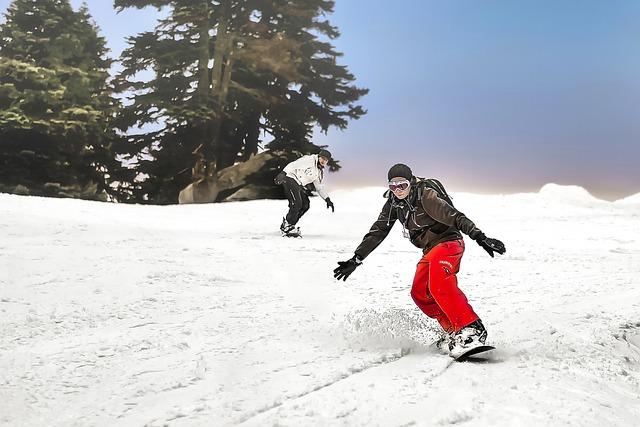
Tips to Determine Your Natural Snowboarding Stance
Determining your natural snowboarding stance can be a fun and enlightening process. To start, try the “push test”: stand relaxed and have someone gently push you from behind. The foot you naturally step forward with to regain balance is likely your front foot on the snowboard. Alternatively, think about which foot you naturally lead with when sliding on a smooth surface, like a hardwood floor in socks. These instincts often reveal your natural inclination towards a regular or goofy stance.
Another method is the “stair test”: approach a staircase and observe which foot you instinctively use to take the first step up. This can be a strong indicator of which foot should lead on your board. Remember, there’s no right or wrong stance, only what feels most comfortable for you. If you’re still uncertain, try renting a snowboard and experimenting with both stances on the slopes. Embrace the process with an open mind, and soon you’ll find the stance that feels just right.
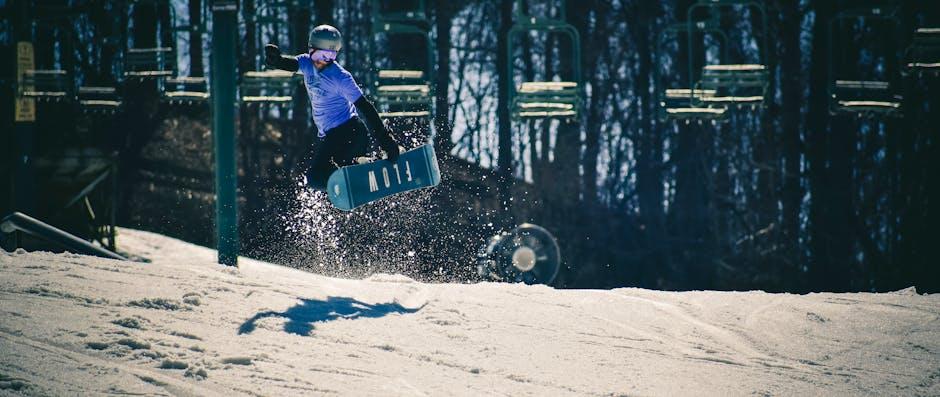
Expert Recommendations for Perfecting Your Stance on the Slopes
Discovering your ideal snowboarding stance is a thrilling part of mastering the slopes. While it’s tempting to follow trends, personal comfort and control should guide your choice. Professional snowboarders emphasize the importance of experimenting with both regular and goofy stances. Start by determining which foot naturally leads when you glide across a smooth surface. This instinctual movement often mirrors your dominant snowboarding stance.
To refine your stance, consider these expert tips:
- Flexibility is Key: Keep your knees slightly bent to absorb bumps and maintain balance.
- Weight Distribution: Balance your weight evenly between both feet for smoother turns.
- Adjust Your Bindings: Set your bindings to a comfortable angle; many find a slight duck stance enhances stability.
- Practice Makes Perfect: Spend time on the slopes trying both stances to see which feels more intuitive.
Embrace this exploratory phase with enthusiasm, knowing that each run will bring you closer to finding your perfect fit. Whether you’re a regular or a goofy rider, the right stance will unlock new levels of confidence and excitement in your snowboarding journey.
